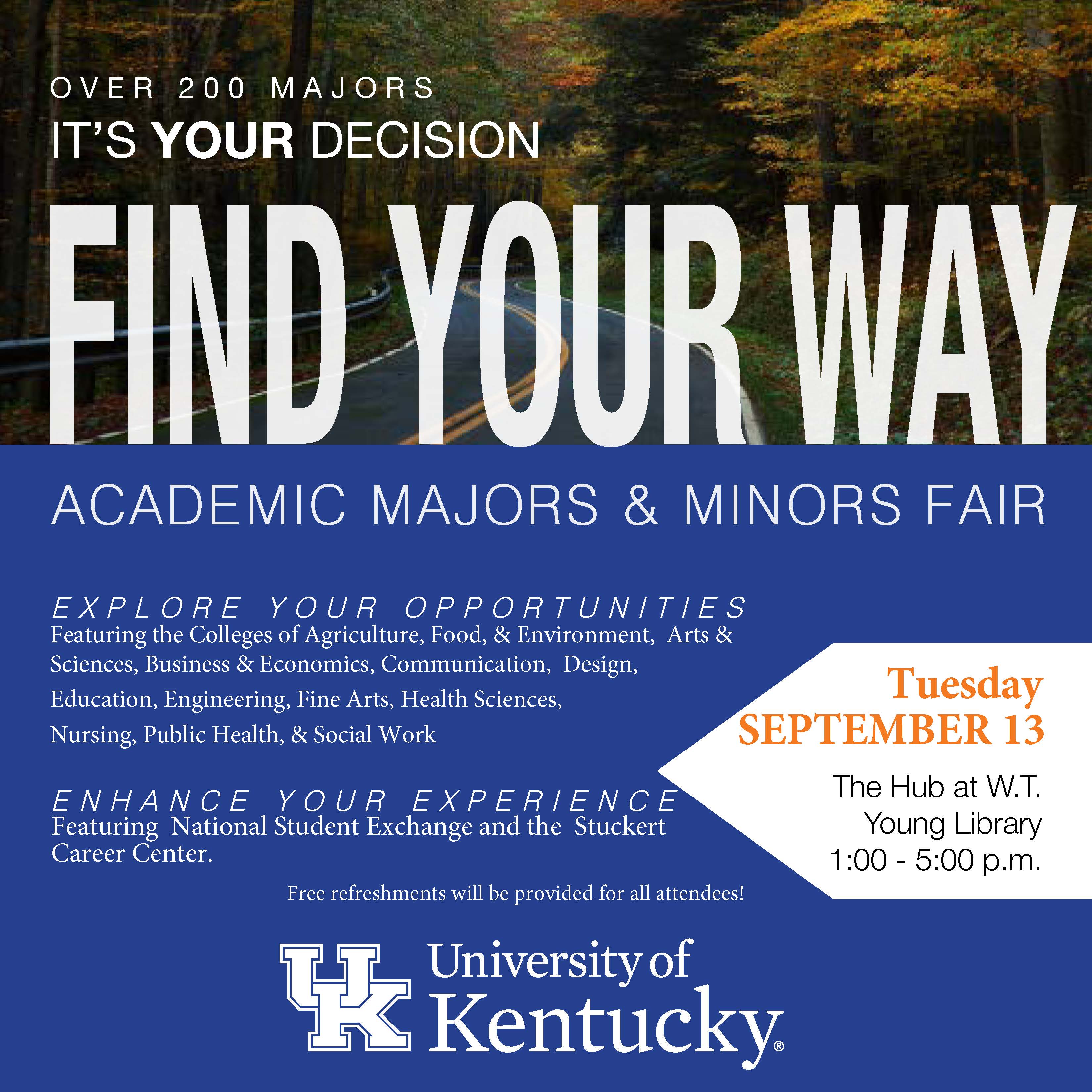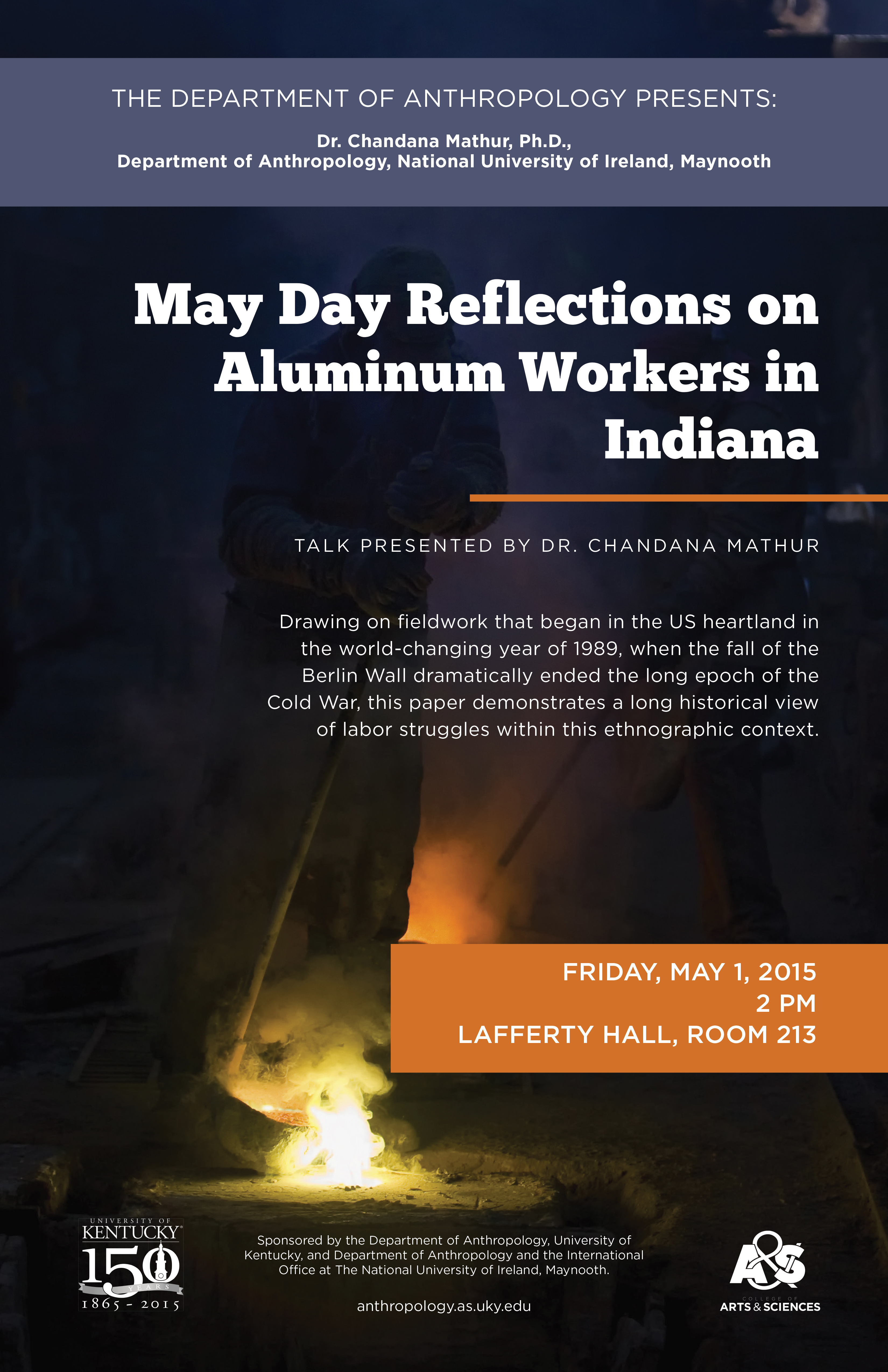First Day of Classes
Fall semester classes begin on Aug. 23, 2021. View the full academic calendar for the fall semester here.
Fall semester classes begin on Aug. 23, 2021. View the full academic calendar for the fall semester here.
As a prelude to the Fall Semester, Associate Provost Kathi Kern and Dean Mark Kornbluh will discuss the challenges posed by teaching and learning during the COVID-19 pandemic. Faculty and students alike worry about the logistics. How will we maintain a safe and healthy learning environment? How much of instruction will need to be moved online or “flipped”? How does technology enable or restrict us? How do we continue to foster strong student-teacher bonds at a distance? How do we build community in our current environment?
And while these questions are urgent for the particular moment, they also point to a lasting shift in how we go about our work as educators. Even after the pandemic subsides, we will likely find ourselves reflecting on the unexamined, yet sacred elements of what makes a college education. As disruptive as the pandemic has been, it has also ignited a climate of innovation. We are led to think anew about the journeys that our students take, how our research and disciplines best serve a diverse community of learners, how the wicked problems of the world defy institutional silos, and how we can best support individuals while also strengthening communities. Our lessons learned and enduring challenges from the past few months afford us a unique opportunity to anticipate these emergent paradigms for teaching and learning.
Pandemic and the Professor from UK College of Arts & Sciences on Vimeo.
As a prelude to the Fall Semester, Associate Provost Kathi Kern and Dean Mark Kornbluh will discuss the challenges posed by teaching and learning during the COVID-19 pandemic. Faculty and students alike worry about the logistics. How will we maintain a safe and healthy learning environment? How much of instruction will need to be moved online or “flipped”? How does technology enable or restrict us? How do we continue to foster strong student-teacher bonds at a distance? How do we build community in our current environment?
And while these questions are urgent for the particular moment, they also point to a lasting shift in how we go about our work as educators. Even after the pandemic subsides, we will likely find ourselves reflecting on the unexamined, yet sacred elements of what makes a college education. As disruptive as the pandemic has been, it has also ignited a climate of innovation. We are led to think anew about the journeys that our students take, how our research and disciplines best serve a diverse community of learners, how the wicked problems of the world defy institutional silos, and how we can best support individuals while also strengthening communities. Our lessons learned and enduring challenges from the past few months afford us a unique opportunity to anticipate these emergent paradigms for teaching and learning.
Pandemic and the Professor from UK College of Arts & Sciences on Vimeo.
For more information, visit: https://www.uky.edu/commencement/springceremonies

This one-week, one-credit compressed course focuses on mapping variation through the use of geospatial tools like GIS. The course, offered as A&S 500-003, will take place from November 9-13 from 5-8pm each day in the Oliver Raymond Building, room C226. As a 500-level course, it is open to both graduate and undergraduate students.
Dr. Montgomery's research investigates ways of integrating techniques used in geography with those traditionally used in dialectology. His specific focus in the use of GIS technologies is innovative in the field of linguistics, and his presence on UK's campus will expose the community here to some of the most recent endeavors in these kinds of digital humanities research methodologies. Despite a focus in linguistic variation, this class will present methods that could be applied to many of the social sciences and humanities, wherein the questions deal with societal patterns, variations in those patterns, and the geospatial presentation and analysis of data related to those patterns. If you have any questions about this course, please contact Dr. Jennifer Cramer (jennifer.cramer@uky.edu).


With support from a Susan Abbott-Jamieson Award, Kevin Talbert spent Summer, 2013, conducting preliminary fieldwork in Tanzania. This practicum report is designed to be a handbook for any Anthropology graduate students conducting field research abroad, but It will be of interest to graduate students and other researchers conducting field research, especially internationally, for the first time. The presentation covers such topics as entering the field, locating an appropriate field site, seeking local institutional affiliations, the research permit process, etc. This roundtable is designed to be useful for anyone seeking to embark on first fieldwork, not just in Africa but elsewhere as well. It focuses especially on the preliminary fieldwork stage in preparation for a longer, PhD fieldwork length immersion later.
With support from a Susan Abbott-Jamieson Award, Kevin Talbert spent Summer, 2013, conducting preliminary fieldwork in Tanzania. This practicum report is designed to be a handbook for any Anthropology graduate students conducting field research abroad, but It will be of interest to graduate students and other researchers conducting field research, especially internationally, for the first time. The presentation covers such topics as entering the field, locating an appropriate field site, seeking local institutional affiliations, the research permit process, etc. This roundtable is designed to be useful for anyone seeking to embark on first fieldwork, not just in Africa but elsewhere as well. It focuses especially on the preliminary fieldwork stage in preparation for a longer, PhD fieldwork length immersion later.